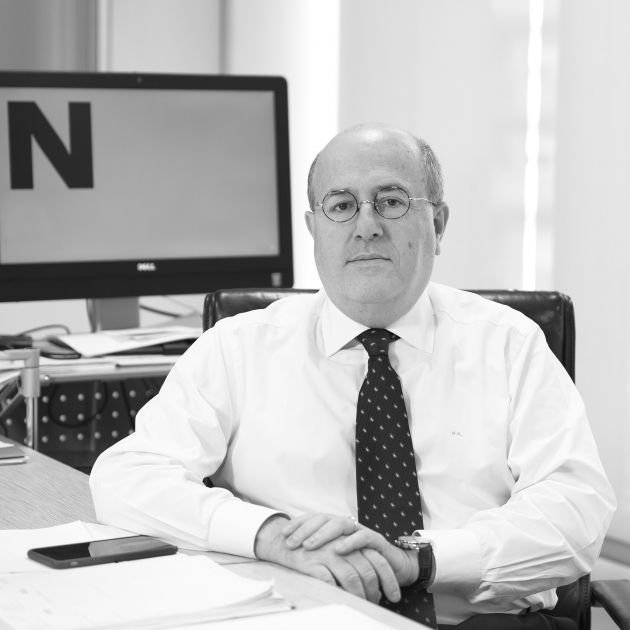Politics isn't gestures. Not only gestures, obviously. But without gestures there is no politics. Quim Torra will meet Carles Puigdemont in Berlin this Tuesday. A high-energy political gesture and a sign of the times to come. The president-elect, to be president in but a few hours time, once his nomination has been signed by the king, then published in BOE, the offical state gazette, and, finally, the formal inauguration event takes place in the government palace, wants his first official act to take place in Germany alongside the legitimate president of Catalonia and someone who the Spanish courts have prevented from being appointed to the role, as an absolute majority of the deputies in the Parliament wanted. 1,500 kilometres (900 miles) from Barcelona. Never has a presidency started like this because the situation of exiles and prisoners makes the legislature an exceptional one. An absolute majority of 70 deputies out of 135, four more than those who voted for Quim Torra this Monday. Pay attention to that detail, important and key for the future.
Torra's decision isn't another item on his agenda, it's a political event of maximum importance, since it expresses the nature of the legislature now starting. It's an institutional meeting, not a coffee with his predecessor in the office. Nor a clandestine, half-hidden visit. They both plan to appear before the international media for a press conference to officialise the distribution of roles. It's not a coincidence that in his first, brief words after being elected by the Parliament, Torra wanted to highlight that one of his objectives is to invest Puigdemont again, returning to him what article 155 took away, what the Parliament wanted to return to him and the Spanish judiciary prevented. The coordinated, harmonious bipresidency -one at home and another abroad- has started up in the middle of an exceptional, provisional situation.
Whilst this is happening in Barcelona, in Madrid there's a disparity in criteria as to how the start of this legislature should be focused. The latest to join the party has been PSOE's secretary of organisation, José Luis Ábalos, who boastfully referred to a new use of article 155: "the first time is harder than the second". He left it there. In the end, everyone was looking out of the corners of their eyes at the leader of Ciudadanos, Albert Rivera, who wants the suspension of autonomy to last until independence supporters lose their absolute majority or renounce their manifesto. Still less, however, than the position defended by economics expert Luis Garicano who has compared the situation in Catalonia with that in Northern Ireland. In other words, according to Garicano, the solution would be the suppression of self-government for years. In the end, that would be better than what others are openly proposing with impunity on the radio: bombing Barcelona.
And no one among the Spanish nationalist minority in the Catalan Parliament is talking about that. It's easier to see the speck in another's eye than the beam in your own. As in so many other things.
